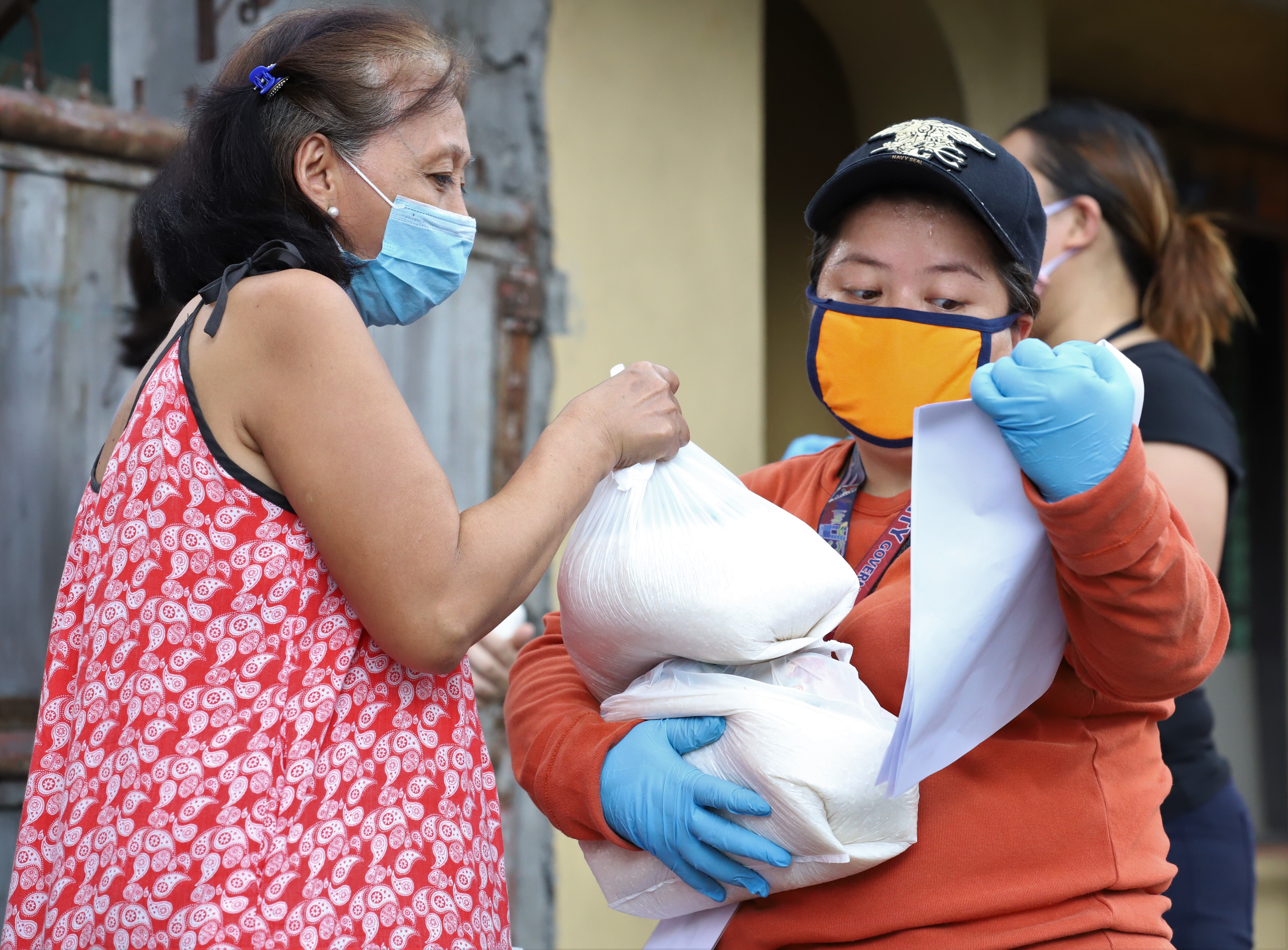News
LGUs asked to prioritize data submission to Covid-Kaya platform

Roque said the LGUs would be required to submit their detailed plans on the strict enforcement of minimum public health standards for priority areas and barangays. (File: PNA photo by Robert Oswald P. Alfiler)
MANILA – The government’s policy body on coronavirus disease 2019 (Covid-19) response has directed local government units (LGUs) in Metro Manila to prioritize the submission of cases to the Covid-Kaya platform as part of efforts to strengthen the government’s zoning containment strategy.
Presidential Spokesperson Harry Roque said the directive is stipulated under Resolution 55-A of the Inter-Agency Task Force for the Management of Emerging Infectious Diseases (IATF-EID).
Roque said the data to be submitted to the Covid-Kaya platform include the daily trend of active cases, number and percent of population; cases in community isolation facility versus health facility versus home; and percent of close contacts and percent of contacts in quarantine.
The number and use of community isolation beds; met health system capacity targets and utilization; and Covid Special Teams investigations and results will also be submitted to the platform.
Roque said the LGUs would be required to submit their detailed plans on the strict enforcement of minimum public health standards for priority areas and barangays.
The Covid-Kaya system stores all data related to Covid-19. Previously, these were stored in the database of StaySafe.PH.
Meanwhile, Roque noted the importance of LGUs, private companies, and individual citizens playing a bigger role to effectively flatten the curve or slow down the Covid-19 infection rate.
Among others, he said, LGUs would have to immediately implement localized or granular lockdowns in areas at high risk of Covid-19 infection.
Private companies, on the other hand, are encouraged to facilitate testing for their employees before they return to work.
Private citizens, Roque said, would also have to make sure they observe minimum health and safety standards, such as physical distancing, wearing of face masks, and frequent hand washing.
The vulnerable, such as the elderly, those with comorbidities, and pregnant women, should stay indoors, he added.
On Wednesday night, President Rodrigo Duterte decided to retain the general community quarantine (GCQ) classification in Metro Manila instead of reverting it to a more restrictive modified enhanced community quarantine (MECQ).
Roque said Duterte initially agreed with a proposal made by researchers of the University of the Philippines (UP) to revert Metro Manila to MECQ but reconsidered this after its mayors vowed to improve the enforcement of quarantine restrictions.
He, however, warned that Metro Manila could still revert to MECQ should Covid-19 cases continue to rise.
Earlier, Roque said present data show that Metro Manila may not downgrade to MGCQ as the region’s case doubling rate and critical care capacity do not support an easing of quarantine protocols.





















